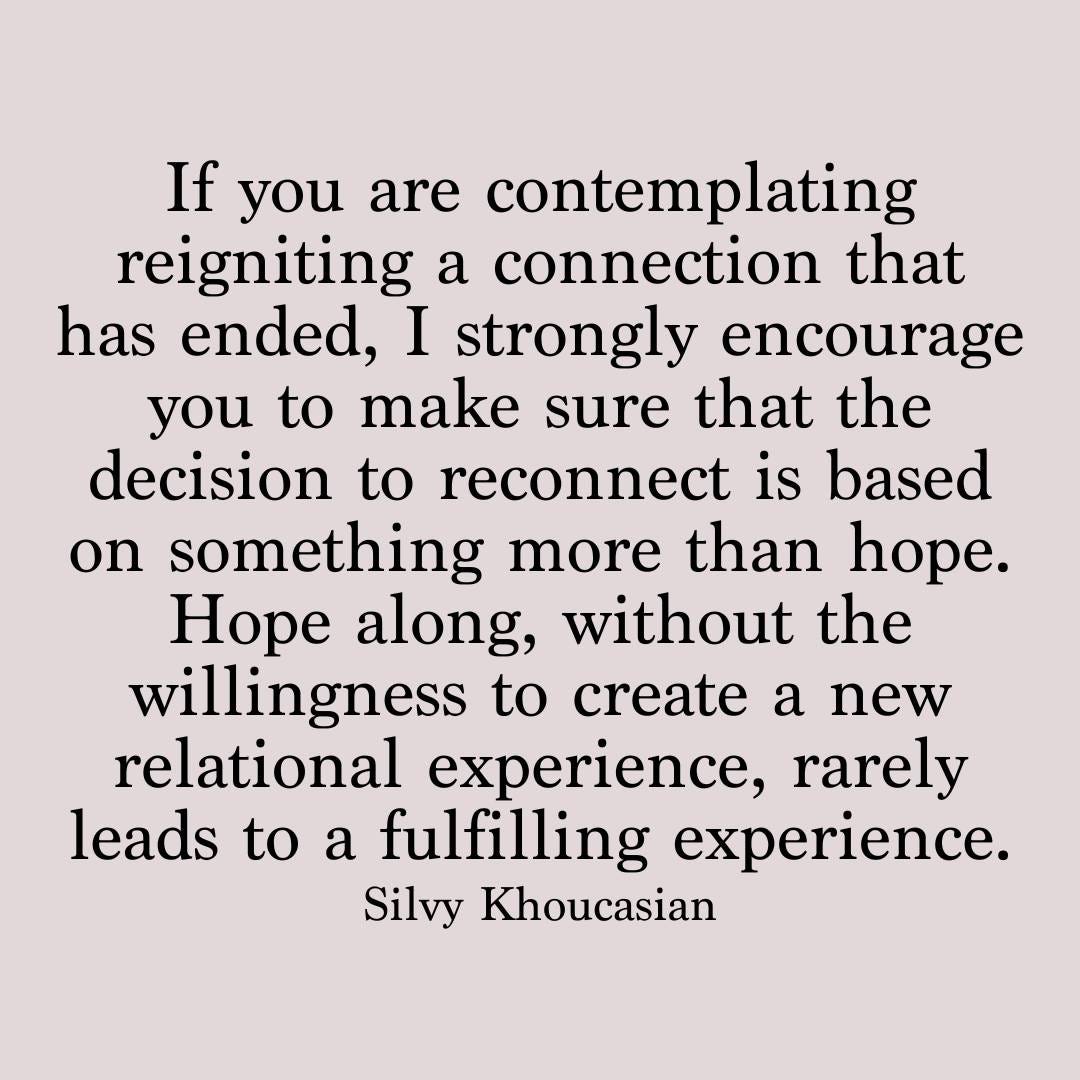This is ALBOAL #4. It’s a little bit, a small taste, short notes, bullet points, a little something curated by moi. I collected things I feel are worth sharing. I hope that for the people who are subscribed to my newsletter that there is something for everyone.
Picture of my grandfather (Raffaele “Ralph” Mannella) and grandmother (Violet Mannella) on my mother’s side
My mom, brother and I are in Italy. Before heading to the beach, I wanted to get out my May musings and shares. If I am being transparent, I haven’t had much time to pull together many things because I have been working on pieces of writing connected to my book coming out on June 13th, LOVE NOTES TO GRIEVERS; it has a mix of poetic notes on grief and loss, a few personal essays on my experience of friend loss in the depths of grief, making poor decisions with who to share a broken heart with, i.e., emailing an ex-boyfriend to tell him about my dad—it went badly. There is also one about grief rage. I wanted to share the messy parts of grief. I wanted to let people know you aren’t the “only one.” I wrote what my shattered and mending heart had to say after the tragic death of my friend, dad and grandmother in quick succession. My book is available in Canada, but there is a way to the US; you can get it here at my favourite Vancouver Island book store, LNTG.
Since I am in Italy, I want to start with this
#1 Radici Siciliane
MaryBeth Bonfiglio is one of a few select humans I admire, who has interested me in ancestry wisdom and exploration, so it seemed fitting on the eve of going to my mother's family's ancestral lands I share that MB leads pilgrimages in Silicy, where her family is from. Her work is one part magic and two parts grounded wisdom.
Photo from radicisiciliane.com
#2 How a Bulgarian Village Dances Evil Spirits Away.
My partner, Ciaran, always finds amazing mini-docs.
#3 The most toxic relationships aren’t what you think - Adam Grant
Grant reflects on this article for The New York Times, Your Most Ambivalent Relationships Are the Most Toxic.
The evidence that ambivalent relationships can be bad for us is strong, but the reasons can be harder to read — just like the relationships themselves.
From the NYT article “The most intuitive reason is that ambivalent relationships are unpredictable. With a clear enemy, you put up a shield when you cross paths. With a frenemy, you never know whether Dr. Jekyll or Mr. Hyde is going to show up. Ambivalence short-circuits the parasympathetic nervous system and activates a fight-or-flight response. It’s unnerving to hope for a hug while bracing yourself for a brawl. A relationship in which you can’t be candid isn’t a relationship at all; it’s a charade. Research shows that we tend to underestimate how open people are to constructive suggestions. Feedback doesn’t always lead to change, but change doesn’t happen without feedback. The goal is to be as candid as possible in what you say and as caring as possible in how you say it. As Brené Brown emphasizes, “Clear is kind.”
He figured that the most toxic ties would be with people who diminish you, but that isn’t the case because worse than is to rely on support from the very person who diminishes you.
#4 Stop Trying to Heal from Grief
from What’s Your Grief
Grief is Not a Wound
When we grieve, it is because we have experienced a devastating and unimaginable loss. That loss is what has shattered us. Grieving is our normal and natural human response to that loss. It is the physical, emotional, cognitive, relational, existential, spiritual experience we all go through, in varying degrees and in various ways, after a loss. Grief and grieving are not the source of our pain. The source of the pain is the loss itself.
Grief is the Healing
Perhaps it sounds like semantics, my saying we don’t need to “heal from grief”. Especially when I so strongly believe that we heal through grief, that grief is healing. But I think it is far more important than semantics. If the language I hear early after my loss is that I must ‘recover from grief’ or ‘heal from grief’, I see grief as an adversary.
#5 Podcast Listen: Last Day
This is a show about the moments that change us forever. I love this podcast for a lot of reasons.
#5- Ange’s Reading Room
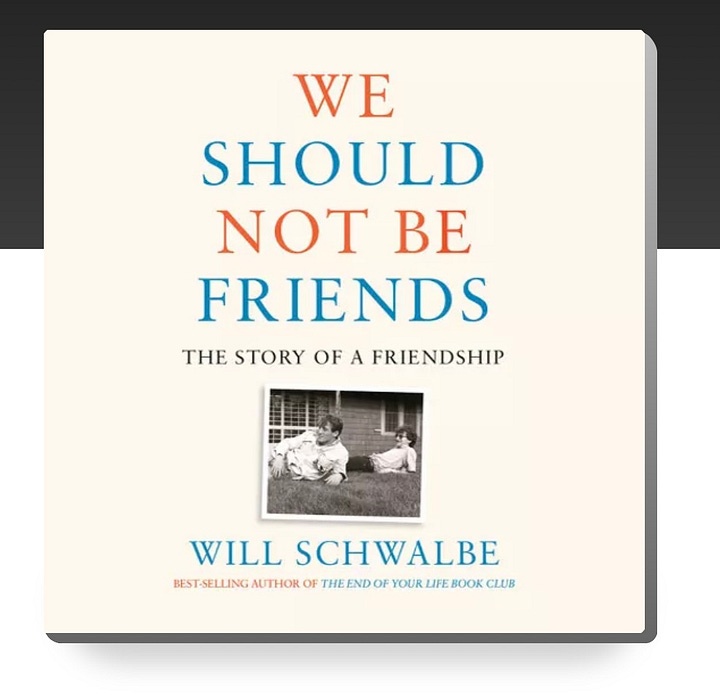
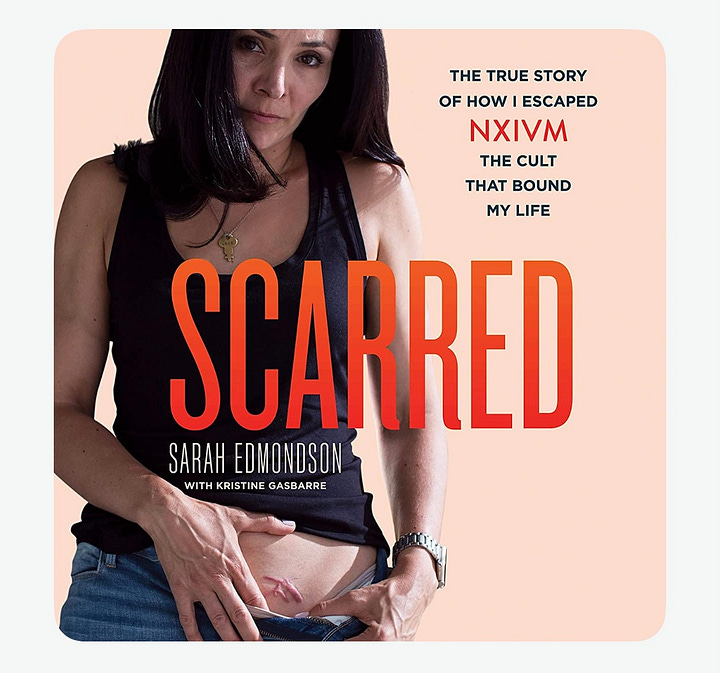
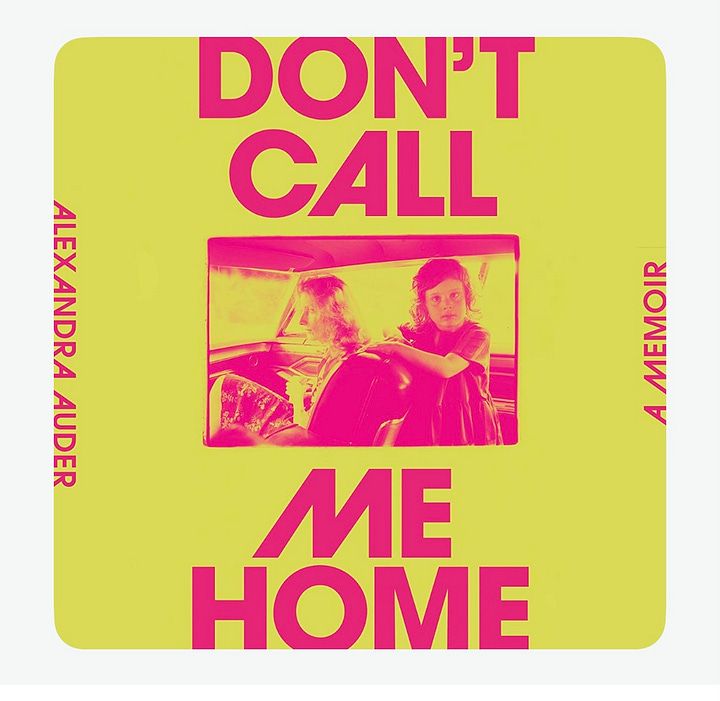
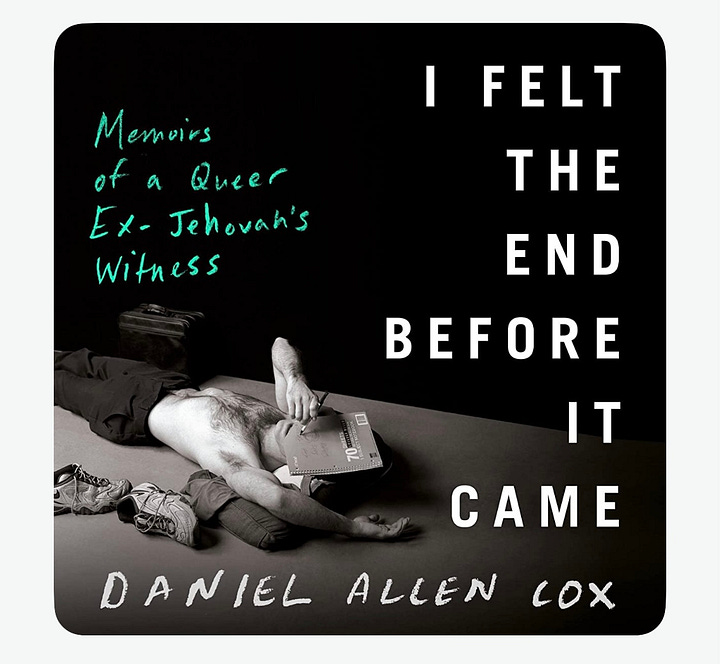
Currently Reading:
Don’t Call Me Home By Alexandra Auder and about to start I Felt The End Before It Came by Daniel Allen Cox
Alexandra Auder’s life began at the Chelsea Hotel—New York City’s infamous bohemian hangout—when her mother, Viva, a longtime resident of the hotel and one of Andy Warhol’s superstars, went into labor in the lobby. These first moments of Alexandra’s life, documented by her filmmaker father, Michel Auder, portended the whirlwind childhood and teen years that she would go on to have.
Daniel Allen Cox grew up with firm lines around what his religion considered unacceptable: celebrating birthdays and holidays; voting in elections, pursuing higher education, and other forays into independent thought. Their opposition to blood transfusions would have consequences for his mother, just as their stance on homosexuality would for him.
Read this month:
We Should Not Be Friends - Will Schwalbe
I enjoyed this book so much. It may not be for everyone, but I love stories about people in unlikely relationships, and this was one of those.
“By the time Will Schwalbe was a junior at college, he had already met everyone he cared to know: the theater people, writers, visual artists and comp lit majors, and various other quirky characters including the handful of students who shared his own major, Latin and Greek. He also knew exactly who he wanted to avoid: the jocks. The jocks wore baseball caps and moved in packs, filling boisterous tables in the dining hall, and on the whole seemed to be another species entirely, one Will might encounter only at his own peril.
All this changed dramatically when Will collided with Chris Maxey, known to just about everyone as Maxey. Maxey was physically imposing, loud, and a star wrestler who was determined to become a Navy SEAL (where he would later serve for six years). Thanks to the strangely liberating circumstances of a little-known secret society at Yale, the two forged a bond that would become a mainstay of each other’s lives as they repeatedly lost and found each other and themselves in the years after graduation.”
Scarred: The True Story of How I Escaped NXIVM, the Cult That Bound My Life - Sarah Edmondson
“Master, would you brand me? It would be an honor.” From the second I climb onto the table, acutely aware that I am lying in the sweat of my sisters, I will have blocked that out. Lying there completely naked, I am at my most vulnerable but determined to prove my strength. I try to keep my legs closed as my body wills itself to protect my most private area. . . . I tell myself: I am a warrior. I birthed a human. I can handle pain. But nothing could have ever prepared me for the feel of this fire on my skin."
Scarred is Sarah Edmondson's compelling memoir of her recruitment into the NXIVM cult, the 12 years she spent within the organization (during which she enrolled over 2,000 members and entered DOS—NXIVM's "secret sisterhood"), her breaking point, and her harrowing fight to get out, to expose Keith Raniere and the leadership, to help others, and to heal. Complete with personal photographs, Scarred is also an eye-opening story about abuses of power, female trust and friendship, and how sometimes the search to be "better" can override everything else.
#6 Piacere Ears
#7 In reconnection, don’t forget REPAIR
From Silvy: I have seen many, many partners and friends come back together after a relationship’s end. I am a big supporter of past connections coming back together, but only when there has been some shift in awareness or a genuine willingness to approach things differently.
Hope alone is rarely ever enough. Hope is a wish but it doesn’t necessarily come with an action - or a deep insight change. Time apart can certainly do wonders for some people - especially if those people are actively working on expanding their relational self-awareness during the time spent apart. Time apart can be valuable when people are not *just* working on healing themselves, but are genuinely trying to understand how they have been showing up relationally.
Cultivating awareness in this area can create potential for deep relationship change.
This isn’t meant to mean completely morphing yourself in order to maintain a connection with someone, but rather developing a healthy awareness that your choices and your behavior will naturally have impact on your loved ones.
So, here are some prompts that might help you explore the possibility of a re-connection:
What am I/we going to do things differently this time around?
What conversation/s need to be had to assess growth?
What was perhaps missing in the past that needs to be highlighted moving forward?
What insights have been cultivated during the time spent apart?
What boundaries or agreements need to be in place to better protect the relationship?
How can we each better own the ways we may hurt each other moving forward?
How can we better repair things the next time we hurt one another?
What past hurts may still need to be acknowledged? Might getting professional support be necessary to work on repairing those hurts?
How might I/we know that trying again is not the expansive and nourishing choice? How might we part ways with kindness and respect?
What else has helped you assess coming back together with someone?
#8 When in Italy, share an Italian Saying
Chi Troppo Vuole Nulla Stringe
“Grasp All, Lose All”
See you next month for a ABOAL June and before that if I can get my shit together to write another essay.
X
Ange






